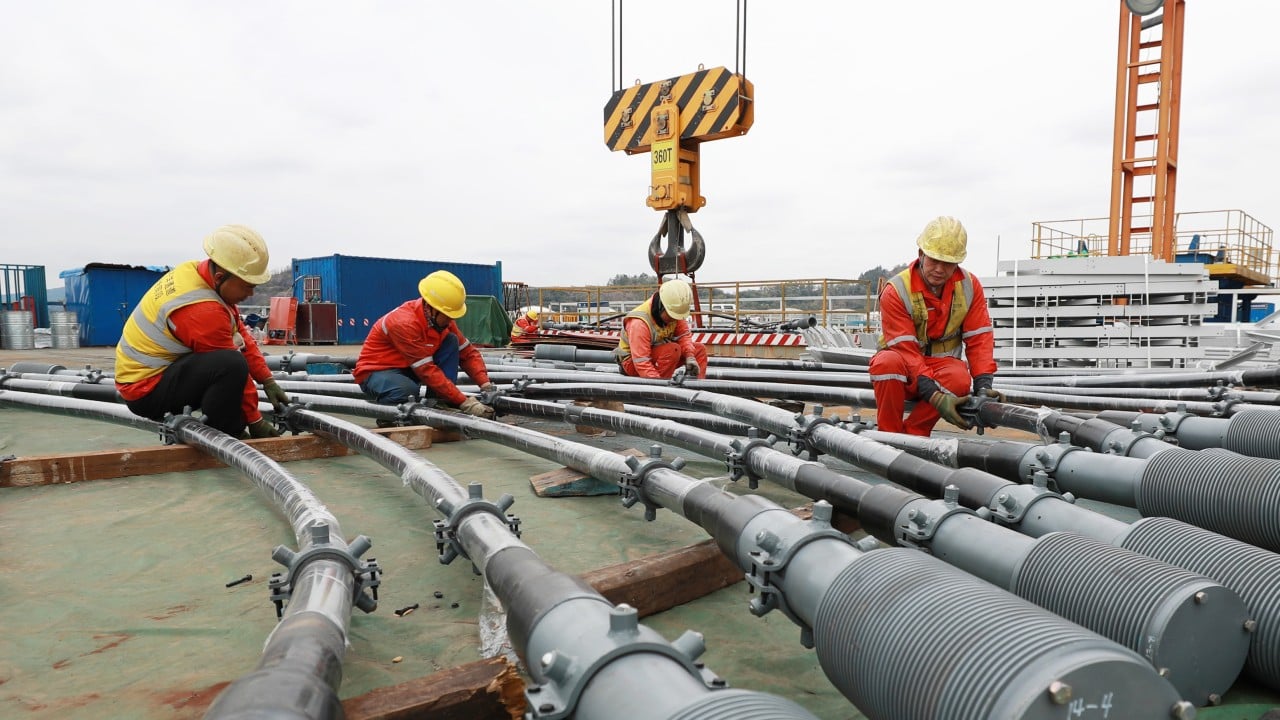When will the myth that it is the role of governments to undertake (costly) basic economic development, while the private sector reaps the benefits, be exploded? Not for a while, judging by recent comments from Kristalina Georgieva, managing director of the International Monetary Fund.
Advertisement
“The private sector has to be in the lead in transforming economies […] through entrepreneurship, job creation and innovation,” she said at the Ninth Arab Fiscal Forum in Dubai. “The role of governments is to foster the right environment for this private sector-led growth.”
The view is unrealistic in some regards, yet has become accepted orthodoxy among development economists, academics and some officials. It signifies a failure to analyse properly the flow of funds within economies and the financial mismatches and failings which can arise.
It is a view which has been foisted upon many Asian governments – with the notable exception of China and Vietnam – by ideologically driven Western-owned or Western-dominated economic and financial institutions as well as by governments.
Governments fund their activities principally from taxes and market borrowings, which imposes political limits on their capacity to fund basic economic development such as in education, health and sanitation and, critically, to provide basic transport and communications infrastructure and so on. Yet these are precisely the facilities that the private or “business” sector demands so it can play its part in economic growth and employment.
Advertisement
The private sector, on the other hand, has access (depending upon creditworthiness) to an abundant supply of market finance in the form of both debt and equity, and can reward shareholders with dividends that are in effect subsidised by services financed by the public sector.

